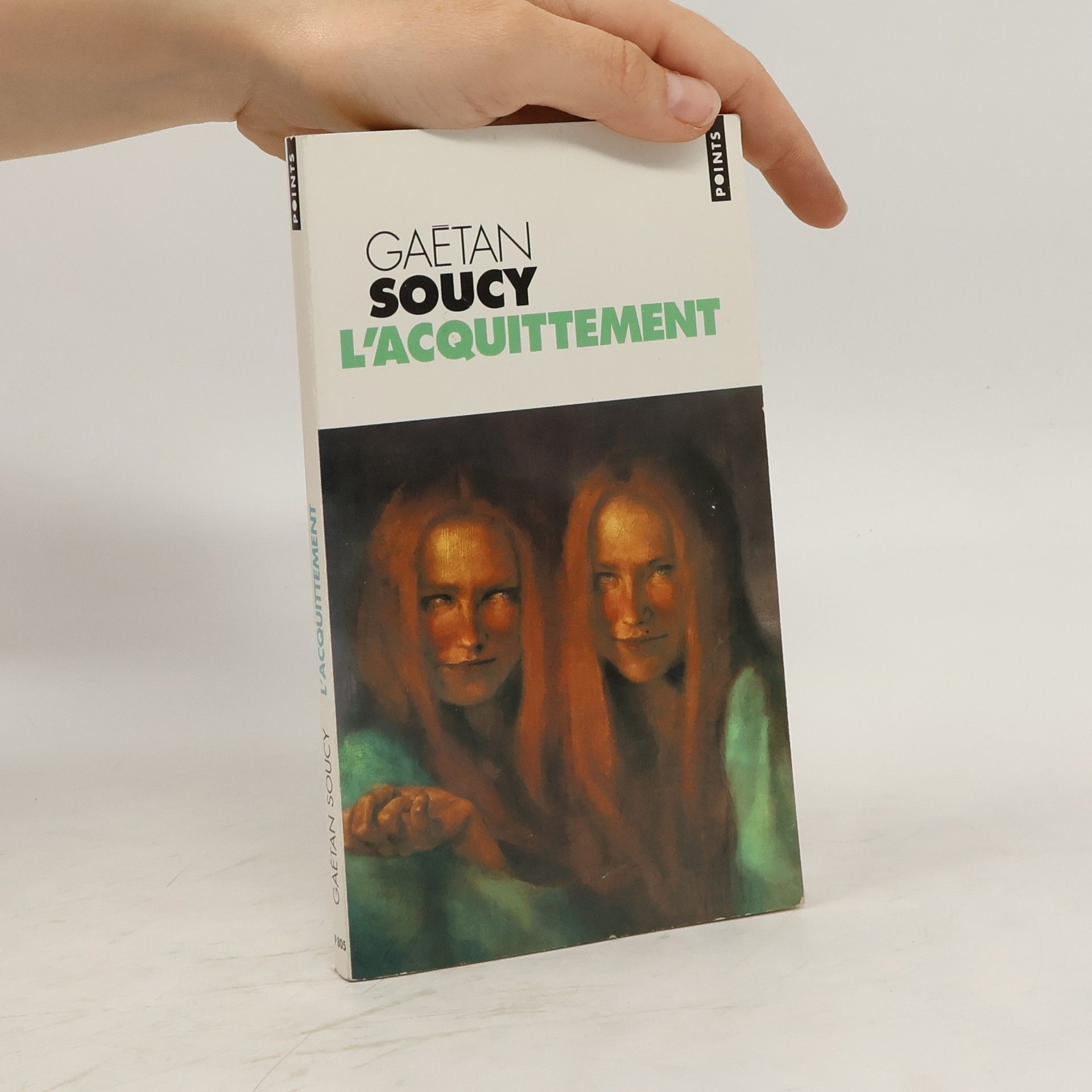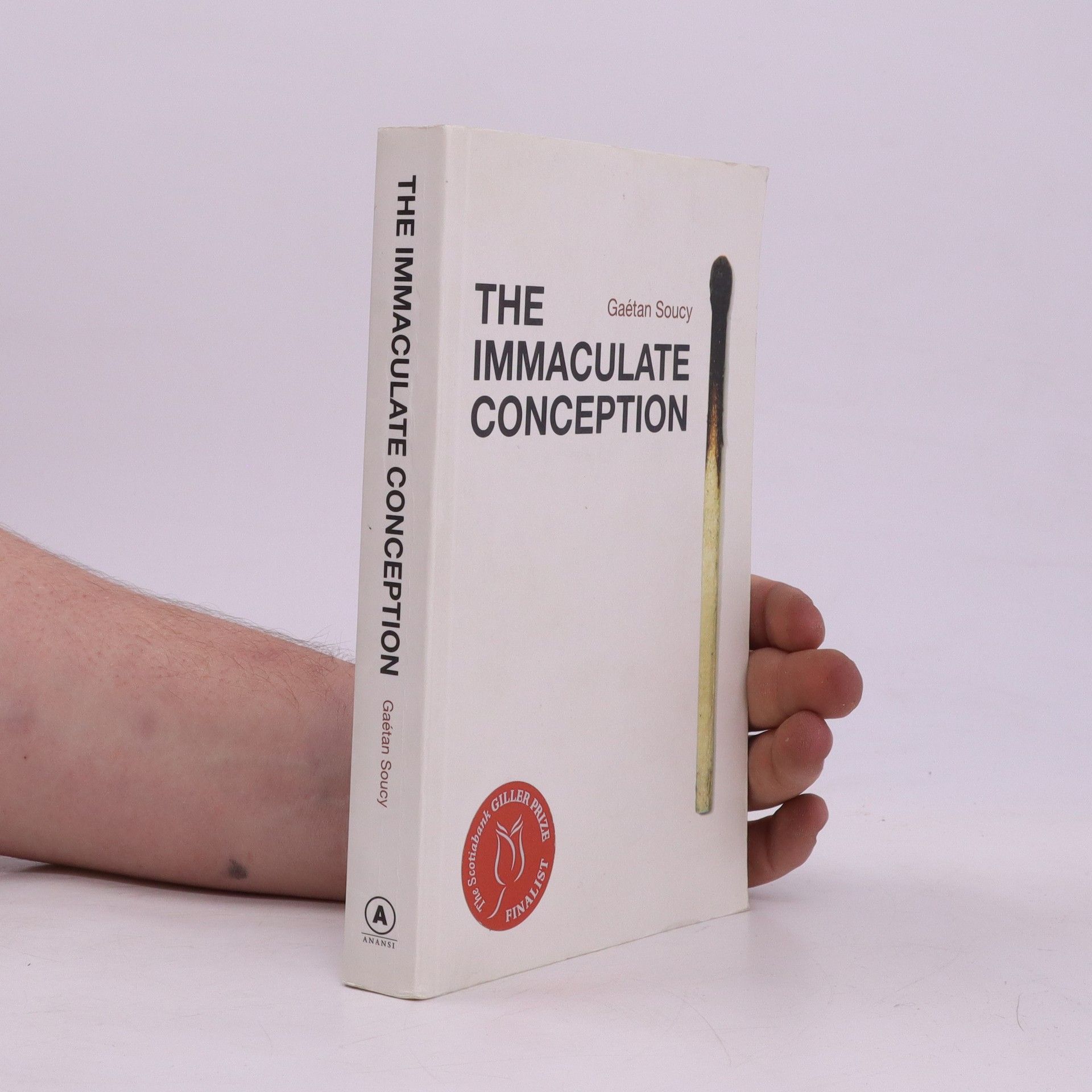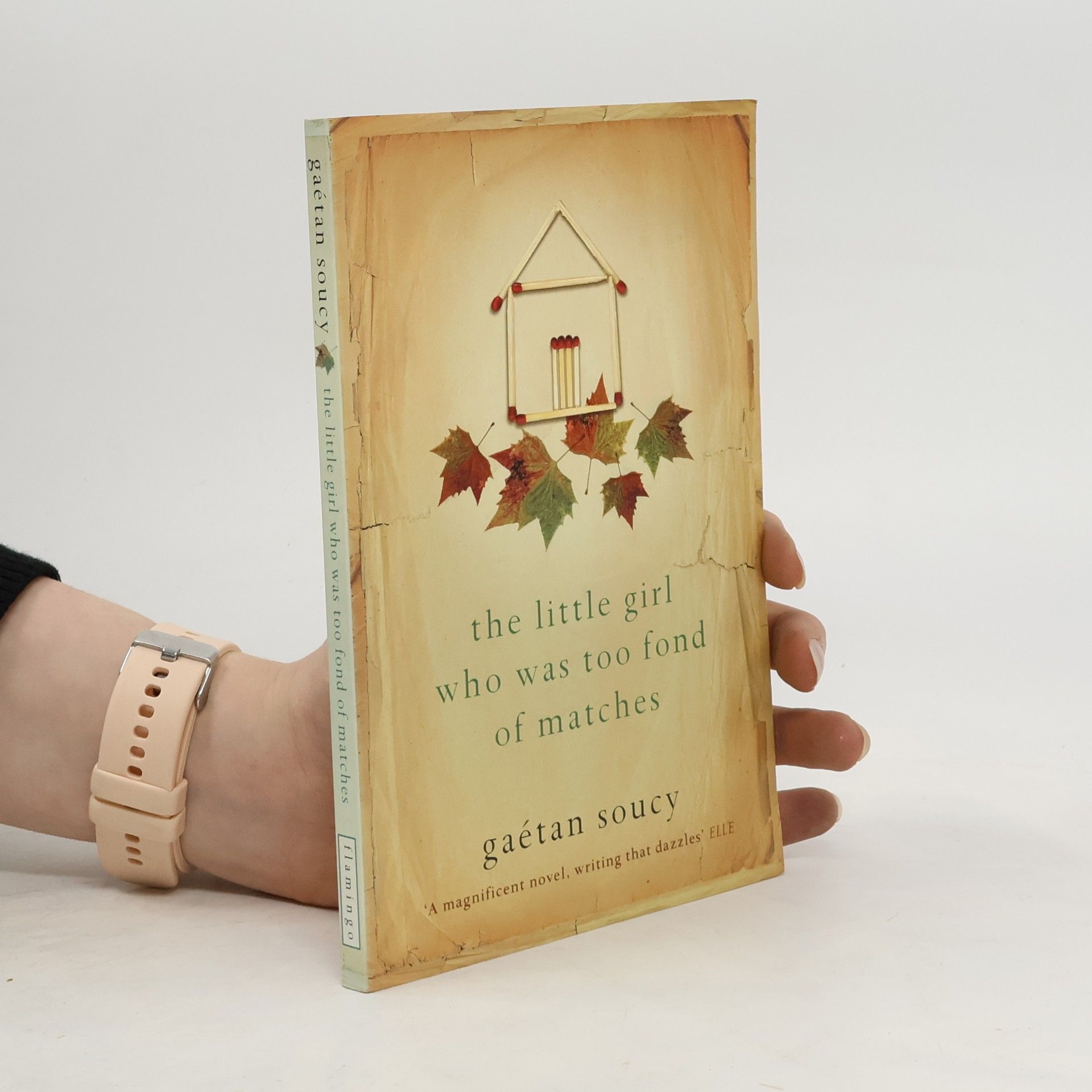The Little Girl who was Too Fond of Matches
- 138 pages
- 5 hours of reading
A truly remarkable tour de force, both as a novel and as a translation by Sheila Fischman The story is told by a child who has been brought up in a cabin by a deranged father in the Canadian wilds. The child has simply never met anyone from outside the little family, and speaks an extraordinary language based on the father's limited conversation and a motley selection of books in the cabin. The story opens on the day the two siblings discover that their father has hanged himself. Now they will be forced into contact with the villagers beyond their little universe. They will discover the startling truth about the world outside -- and the world outside will discover the even more startling truth about them and their history. Hypnotic, powerful, playful, utterly suspenseful, this is an amazing novel that has been a major bestseller in Canada.




